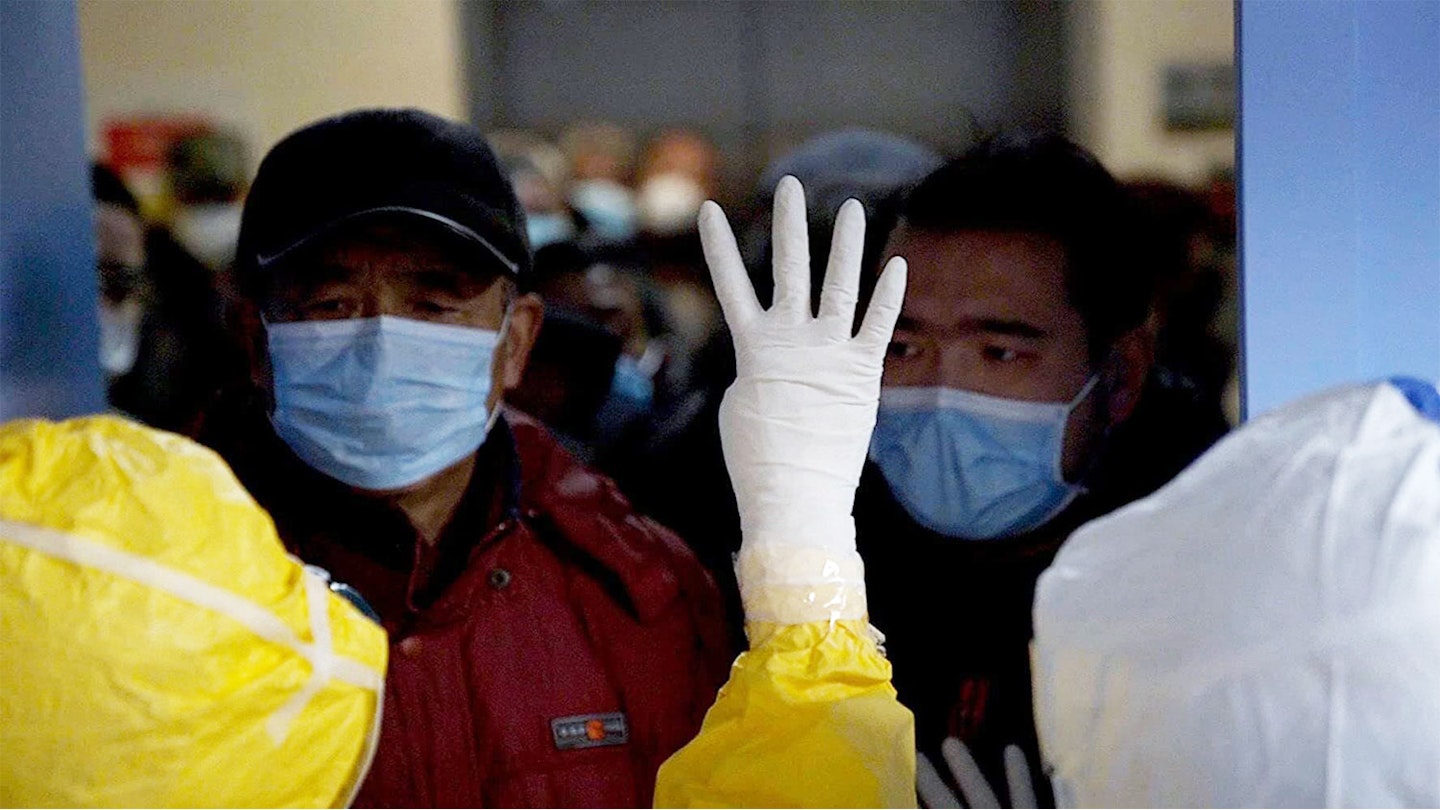UK audiences may be prepared for the worst when they hear that 76 Days is a documentary set inside a Wuhan hospital during the early days of the pandemic. A wrenching opening scene — in which a young woman begs to see her dying father one last time — appears to confirm suspicions that this will be a gruelling 90-odd minutes. But that is not the case; despite later scenes of victims’ phones ringing unanswered, piles of abandoned bicycles and eerily empty streets, 76 Days unfolds as the story of an almost textbook triumph over adversity, as health workers and an obedient population put a local lid on the virus, even as the rest of the world reels from its spread. If it were a propaganda film, it would be a supremely effective one.
On 23 January 2020, China locked down Wuhan, a city of 11 million people, in a bid to halt the Covid-19 outbreak, an enforced curfew that lasted 76 days. On a local level, it worked; if official figures can be trusted (and the WHO believes that they can), fewer than 5,000 people died from the virus across the Chinese mainland (from 95,000 cases), in a country with a population of 1.4 billion people — a fraction of the American death toll in a country with more than three times the population.
There are many reasons for China’s apparent success in managing the virus — state control, an obedient population, post-SARS pandemic planning, unanimous mask adoption, the ubiquity of PPE — but the film is interested only in the experiences of hospital staff, and the people they are called upon to care for. “I had a hero’s dream,” says Yang Li, one of the frontline nurses who travelled to Wuhan to help. “It was a once-in-a-lifetime opportunity.”
